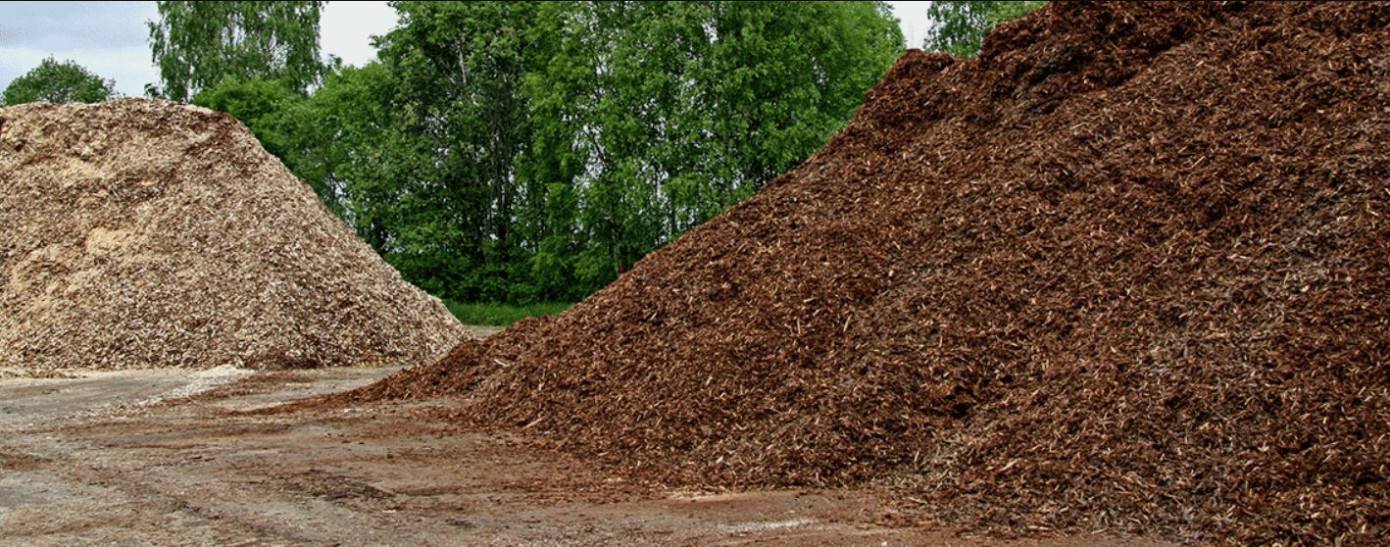Setra has decided to invest in its own pellet production at the factory in Långshyttan, Sweden. It is a strategic investment to increase the value of bioproducts and will mean reduced transport and CO2 emissions.
Långshyttan produces glulam, components and cross-laminated timber. The production gives rise to bio products such as shavings, wood chips and pieces of wood. This goes today to domestic heat production and to customers in the immediate area.
"Now we want to supplement our product portfolio with the production of pellets. Manufacturing means that we increase the value of the residual products and that we become a more significant player in bioenergy as well. The investment is also completely in line with our philosophy of grönsamhet, ie doing business that benefits not only us but also society and nature," says Daniel Halvarsson, EVP Building Solutions and Components.
Pellet production will take place in Setra's factory, where both CLT and component production are located. The new plant will be able to be taken into use during the autumn of 2023. The estimated annual volume is approximately 26,000 tones. The investment will involve new hires.
"We have optimal conditions for starting production of industrial pellets in our factory in Kloster, Långshyttan. The raw material for pellets is the best imaginable with dry chips and shavings from our glulam, CLT and component production. We have space in our factory area and several large industrial customers within a radius of 200 km," says Klas Flygare, Bioproducts & Raw material Director.
In addition to increased value for the bioproducts, the investment means a better environment in the factory with less sawdust dust and more efficient transports with higher load filling and thus lower carbon dioxide emissions.
Setra is one of Sweden’s largest wood industry companies.
